
A smooth drive is something we all expect from our vehicles. Our automatic transmissions play a big role in this, working behind the scenes to shift gears seamlessly. But what happens when this process starts to falter? Understanding the signs that your transmission might need replacement can save you a lot of headaches and money. This article will guide you through spotting these early warning signals, helping you maintain your vehicle’s performance.
Imagine cruising on a Houston highway, and suddenly, your car doesn’t shift gears smoothly, or it makes odd noises. These can be initial indicators of transmission trouble. Addressing these issues early can prevent a complete breakdown. Awareness of key signs will ensure your car stays reliable when you need it most.
If you’re noticing peculiar behavior from your vehicle, it might be time to pay attention to the transmission. Here are some signs to watch for:
– Difficulty Shifting Gears: Feeling like your car is struggling to change gears? This could mean the transmission is having issues, possibly pointing towards internal wear.
– Unusual Noises: Any grinding or whining sounds? Such noises, especially when changing gears, might indicate transmission problems.
– Delays in Movement: Experiencing delays when your car responds from a stop could signal a weakening transmission.
– Leaking Transmission Fluid: Spot any red, sweet-smelling fluid under your car? That’s likely transmission fluid, and leaks mean trouble.
– Warning Lights: If your dashboard suddenly lights up, it’s time to check it out. This can indicate underlying transmission issues.
Spotting these signs early can make all the difference. Keeping a lookout and acting quickly could prevent small issues from evolving into major repairs. Remember, noticing one or more of these signs warrants professional inspection. Making sure your transmission is assessed by trained experts keeps your vehicle running smoothly, so you’re always ready for the road ahead.
Understanding why a transmission fails can help prevent future problems. Let’s explore some typical reasons transmissions encounter trouble:
1. Lack of Regular Maintenance: Skipping routine maintenance can lead to significant issues. Regularly checking and changing transmission fluid is key to keeping things running smoothly.
2. Overheating Issues: Excess heat is a big enemy of transmissions. It can damage components and lead to costly repairs. Keep your cooling system in good shape to help prevent overheating.
3. Leaking or Low Transmission Fluid: A steady drip on your driveway might not seem urgent, but it can cause a world of trouble for your transmission. Low fluid levels increase friction and lead to quicker wear and tear.
4. Worn Out or Broken Parts: Gears and bearings age over time. When these parts become worn or damaged, they compromise the transmission’s ability to function properly.
5. Electrical Problems or Faulty Sensors: Modern transmissions rely heavily on electronics. Faulty sensors or wiring issues can disrupt normal operations, leading to erratic shifting and other problems.
Each of these causes underscores the importance of regular checks and early interventions. Timely action is often the best course to prolong the life of your transmission.
Ignoring transmission issues doesn’t just affect your car’s reliability; it can also impact safety. Here’s what might happen if problems persist:
– Potential Safety Hazards: A faulty transmission can cause unexpected gear changes or complete gear loss when driving, increasing the risk of accidents.
– Increased Repair Costs: Small problems often turn into larger issues that are much more expensive to fix. Regular maintenance can prevent this financial strain.
– Possible Complete Transmission Failure: Ignoring the warning signs might lead to a total breakdown. This can leave you stranded and facing a costly repair bill.
– Decreased Performance and Fuel Efficiency: As transmission issues progress, the overall performance of your vehicle declines, and it consumes more fuel, costing you more at the pump.
Addressing these issues quickly is crucial to avoid serious consequences. Your vehicle’s transmission is central to its performance, and being proactive about maintenance can keep you safe and save money.
So, what should you do if your car starts showing these signs? Here’s a simple approach:
– Checking and Adding Transmission Fluid: Occasionally, transmission problems stem from low fluid levels. Topping up the fluid can sometimes help, but it’s always best to consult a mechanic.
– Scheduling Regular Maintenance Checks: Set reminders for routine checkups. Regularly servicing your car helps catch issues before they escalate.
– Consulting a Professional Mechanic: A skilled mechanic will accurately diagnose any problems. This step is crucial in ensuring any minor troubles don’t turn into major costs.
– Considering a Replacement with a Used Automatic Transmission: If repairs push your budget too far, replacing the transmission might be the smarter choice. A quality used transmission can be a cost-effective solution.
Proactively addressing problems ensures that your vehicle remains reliable. Taking these steps can provide peace of mind and keep your car on the road longer. Always consult qualified professionals for repairs and advice, as they offer the expertise to guide you in making the best decisions for your car.
Benefits of expert diagnosis and repair are numerous. Experienced mechanics possess the knowledge to identify and fix transmission issues accurately. Relying on experts rather than DIY fixes ensures better outcomes, as they have the proper tools and understanding to perform repairs effectively.
Airline Auto Parts in Houston, TX offers specialized services for those experiencing transmission troubles. Their expertise in handling a range of transmission concerns makes them a reliable choice for maintaining vehicle health.
Deciding between repairing and replacing your transmission involves evaluating costs and benefits. While immediate repairs might seem cheaper, a replacement could offer long-term benefits if issues persist.
Exploring options for purchasing a used automatic transmission can provide a balanced solution. Airline Auto Parts supplies high-quality recycled parts that meet stringent quality standards, ensuring reliability and performance.
Addressing transmission issues promptly is key to maintaining vehicle integrity. Taking action sooner rather than later helps avoid further complications down the road. It is recommended to seek professional help to enhance vehicle longevity.
Airline Auto Parts is ready to assist with expert guidance and top-notch auto parts to ensure your car remains roadworthy.
Acting swiftly when transmission issues arise is crucial for avoiding further damage and expenses. If you’re considering replacing your transmission for optimal performance, explore the advantages of a used automatic transmission. Airline Auto Parts offers a comprehensive selection of high-quality recycled components to ensure you find the right fit for your vehicle’s needs. Protect your investment by choosing reliable parts that keep your car running efficiently.
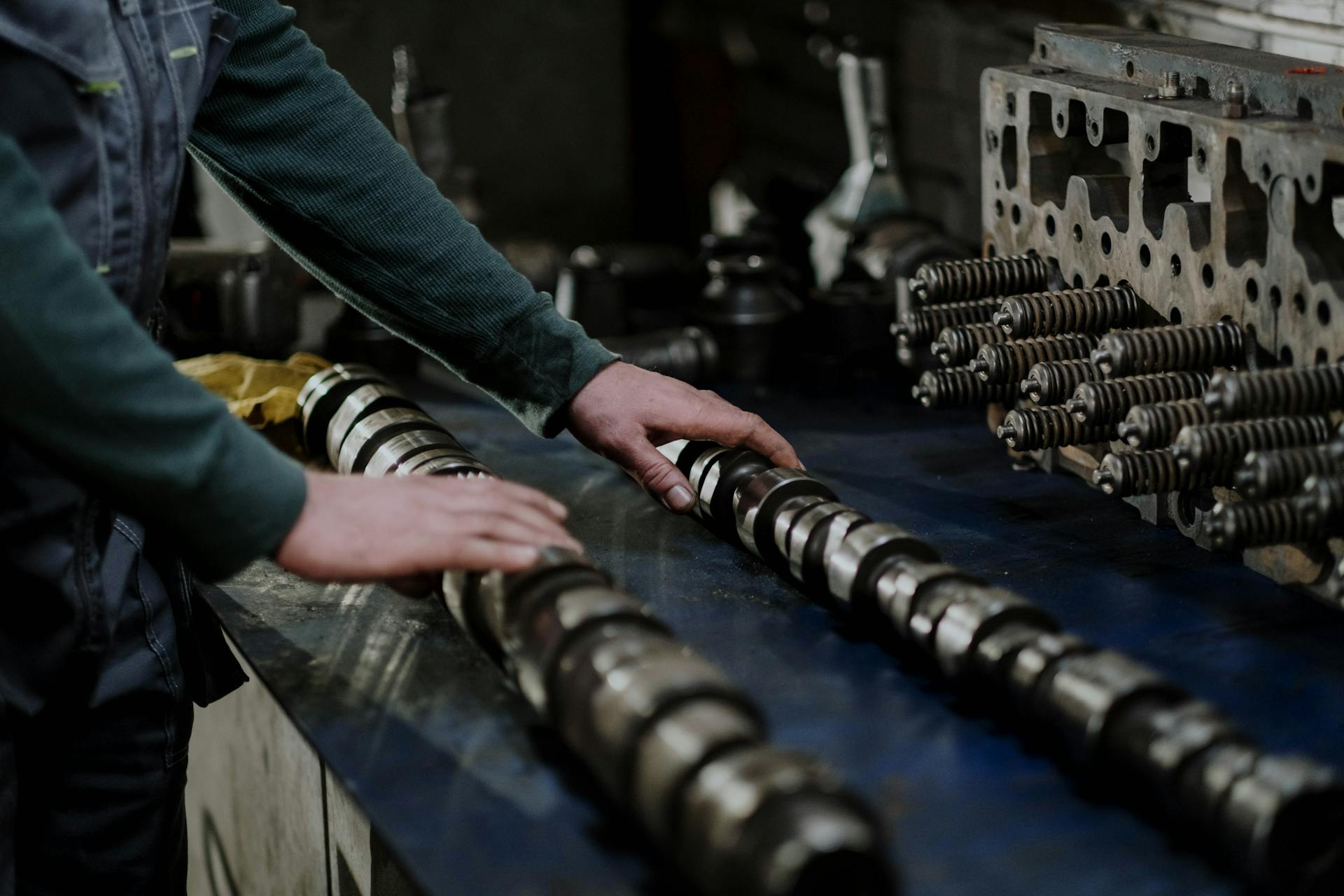
February 8, 2026 What To Ask Used Car Parts Dealers Befor...
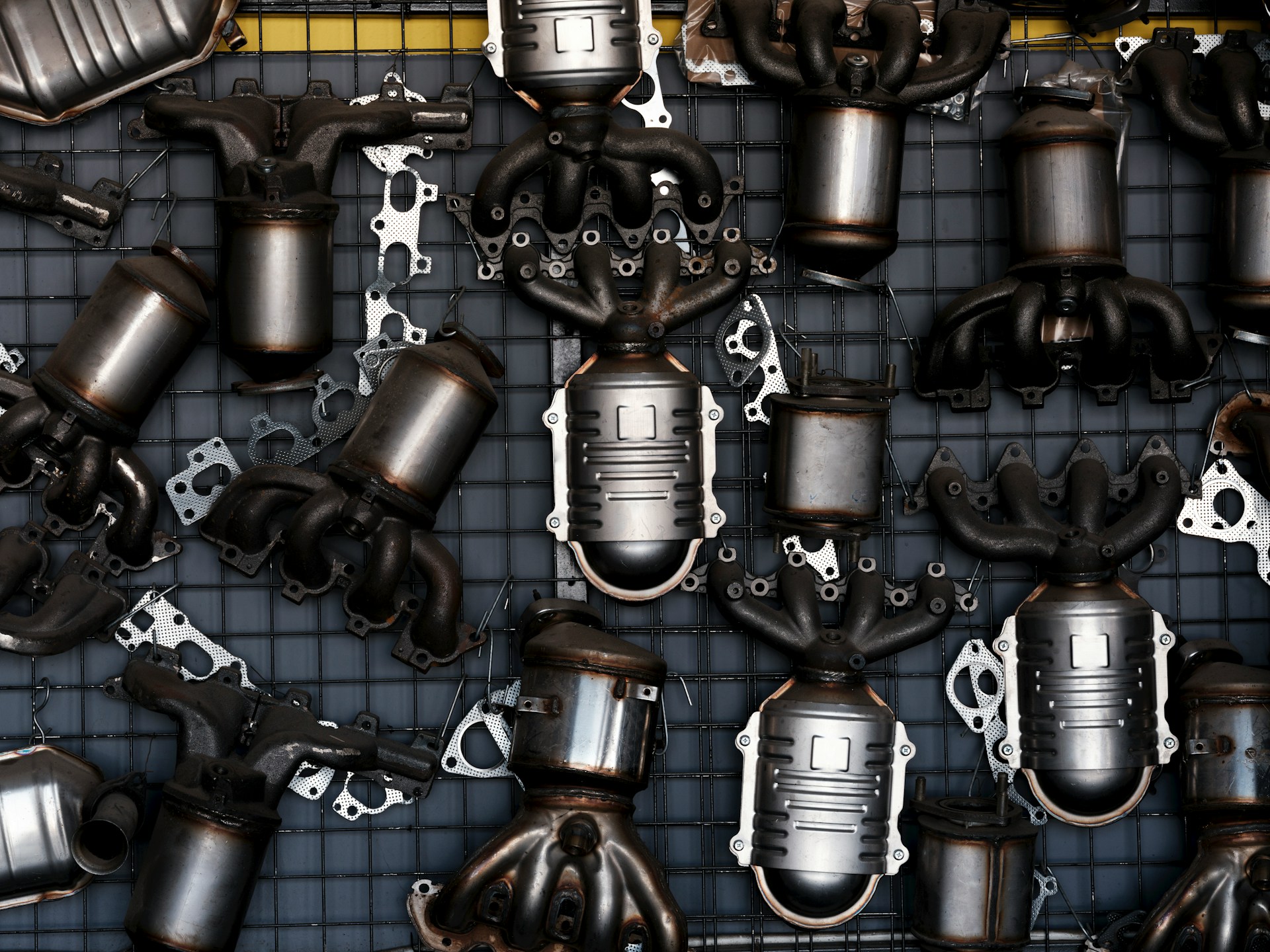
How Used Vehicle Spare Parts Help With C...
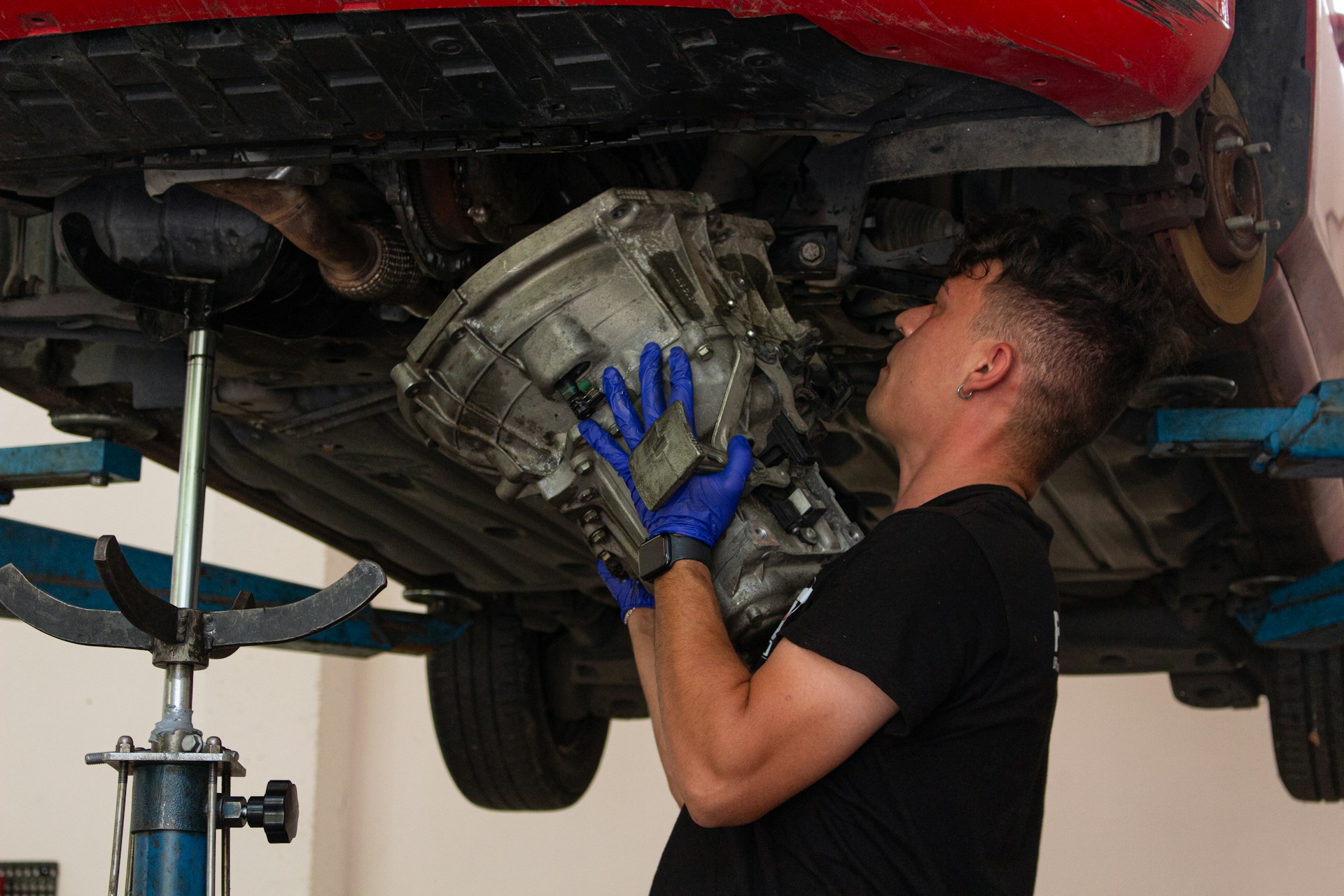
February 1, 2026 Where To Start With Used Parts In Housto...

What To Expect From Car Parts In Houston...
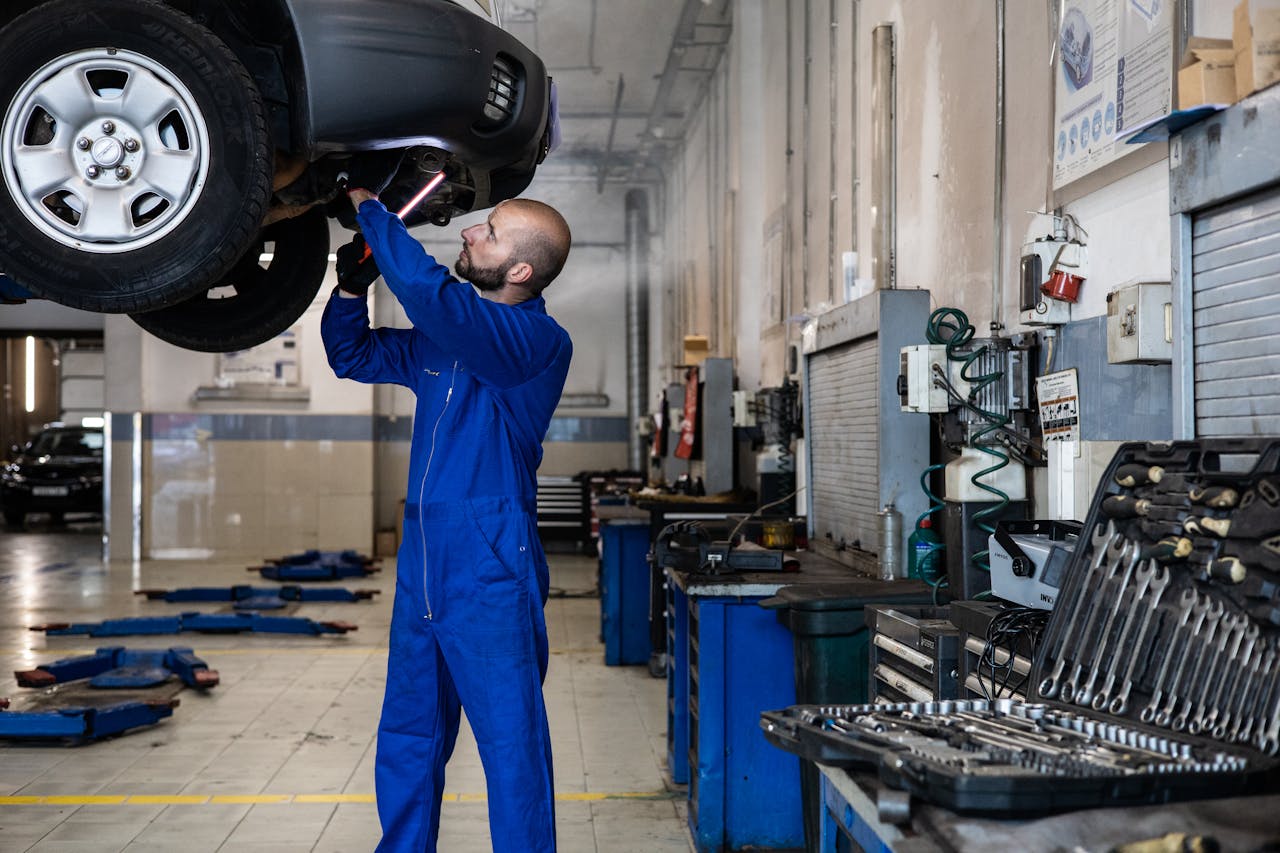
January 25, 2026 Why Used Auto Parts Matter More During W...

Hidden Risks Of Salvage Car Parts In Hou...

January 18, 2026 The Right Time To Buy Used Parts In Hous...

January 11, 2026 Everything To Know About Used Diesel Eng...

Common Warnings Before Buying Second Han...
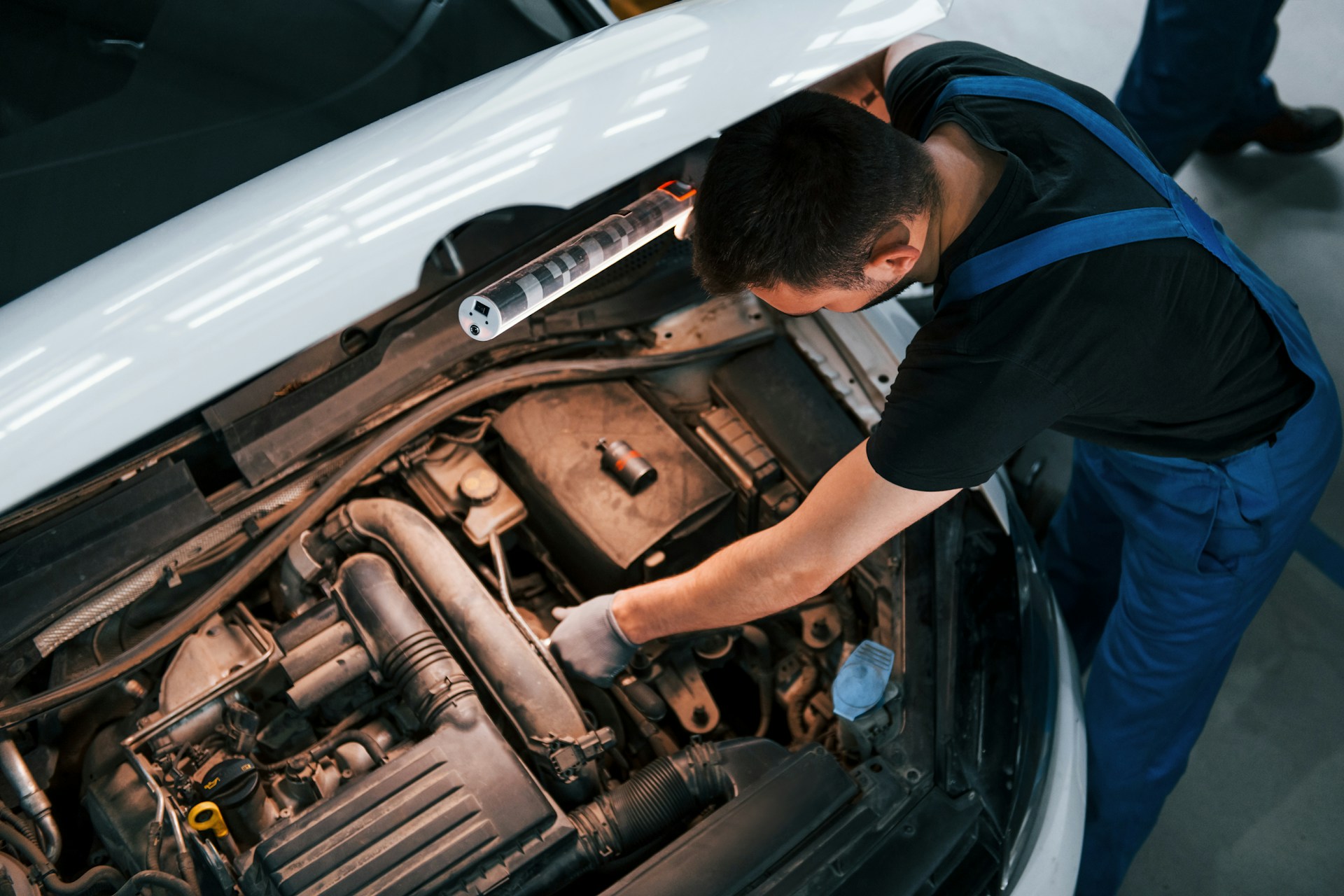
January 4, 2026 What Happens When A Used Automatic Trans...
Leave a Reply
You must be logged in to post a comment.